
Thca4cheap.com
Farm Direct Pricing + Fast Shipping

Thca4cheap.com
Farm Direct Pricing + Fast Shipping
Buy THCA Flower Online | Affordable & High-Quality-Thca4cheap
Discover Potent, Top-Shelf THCA Flower Without Breaking the Bank – Quality You Can Trust, Prices You’ll Love!
Buy THCA Flower Online – Affordable & High-Quality



Explore Our Top THCA Flower Strains | Ships same day if ordered before 1 PM EST (business days)
-
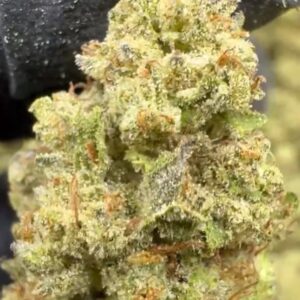
New! Grapes and Cream Entry Vex
Rated 5.00 out of 5$19.99 – $699.00Select options This product has multiple variants. The options may be chosen on the product page -
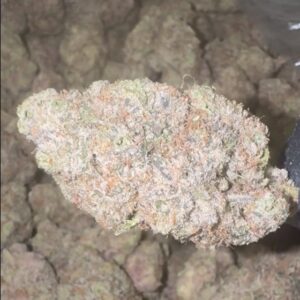
Koala Strain Exotic with Smalls Option!
$19.99 – $1,499.99Select options This product has multiple variants. The options may be chosen on the product page -
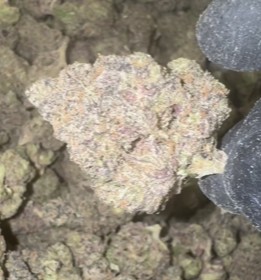
New! Sunset Sherbert Exotic Smalls
Rated 4.00 out of 5$19.99 – $799.99Select options This product has multiple variants. The options may be chosen on the product page -
Sale!
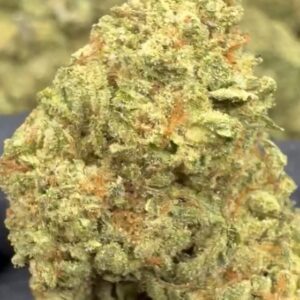
New! Zkittlez Strain THCA Flower -Entry Vex
Rated 5.00 out of 5$19.99 – $599.00Select options This product has multiple variants. The options may be chosen on the product page -
Sale!
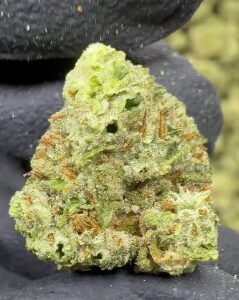
Hindu Kush Strain THCA Smalls $500 a Pound!
Rated 4.56 out of 5$32.99 – $500.00Select options This product has multiple variants. The options may be chosen on the product page -
Sale!

Tropicana Cherries Strain Mediums $799 a Pound!
Rated 4.67 out of 5$34.99 – $799.99Select options This product has multiple variants. The options may be chosen on the product page -
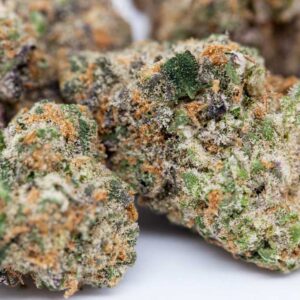
Girl Scout Cookies Strain THCA Vex [High]
Rated 5.00 out of 5$29.99 – $1,299.00Select options This product has multiple variants. The options may be chosen on the product page -
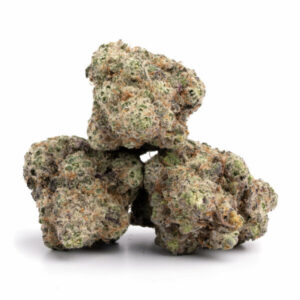
THCA Smalls | Cheap THCa Flower that Smokes Like Fire!
Rated 4.82 out of 5
Buy High THCA Flower Cheap Oz's and Pounds, THCA Vapes & THCA Gummies At Unbeatable Prices!
Discover the Finest Lab Tested THCA Hemp Products On The Market.
At Thca4cheap.com, we are committed to bringing you top shelf high hemp THCA flower, small buds and Delta 9 THC products to enhance your wellness and elevate your experience. Our entire menu of THCA flower cheap oz products is hemp compliant, meticulously sourced, crafted to ensure unmatched potency, purity, and effectiveness. If that wasn’t enough, our team invites you to explore other alternative products with transformative potential like our carefully curated menu of magic mushrooms tailored to those seeking a creative, relaxing or spiritual journey.
About Our Cheap THCA Products For Sale
Tiered THCA Pricing That Won’t Break the Bank!
Thca4cheap.com offers simple 3-Tiered pricing for customers to enjoy. It’s our goal to provide online shoppers with a hand picked, affordable menu of THCA flower cheap oz, Bulk THCA smalls and other THCA Wholesale Pounds. We have designed Thca4cheap.com to be easy to navigate so potential customers aren’t left confused or lost. So, what tiers of THCA Flower Does Thca4cheap.com offer?
THCA Flower Cheap Ounces
Our entry level offer consists of primarily outdoor And Greenhouse grown high THCA flower that is darker in color with a mild aroma. These are some of the cheapest prices on quality THCA flower clearance pounds that are available to the public. We also have some of the highest quality THCA Isolate Powder for sale online.


Why Choose Thca4Cheap.com?
-
- Premium Quality: We pride ourselves on offering only the finest THCA flowers and other cannabinoids. Each product undergoes rigorous quality control to ensure it meets our high standards.
-
- Natural Wellness: Our products are 100% natural, helping you achieve your wellness goals without synthetic additives or harmful chemicals.
-
- Expertly Curated: Our team of experts carefully selects each product to ensure you receive the best nature has to offer.
Join the THCA Community
Stay updated with the latest bulk THCA product releases, exclusive offers, and wellness tips by joining our newsletter. Connect with us on social media and be part of a growing community dedicated to being the King Of THCA with natural wellness and elevated experiences. Start your journey today to discover the unparalleled benefits of high THCA cheap oz flower and other alternative products that will elevate your wellness!
Thca4cheap.com Instagram Feed
Internet Marketing and Website Design By Isenselogic.com
Increase sales with your local business with Isenselogic.com, the trusted leader in internet marketing and website design services. We create professional, conversion-driven websites that grab attention and turn clicks into customers. Our custom marketing strategies are designed to boost your online visibility, drive qualified traffic, and deliver real, measurable growth. Whether you’re starting fresh or optimizing an existing presence, Isenselogic.com has the expertise to help your business thrive online. Let’s build your success—contact us today!





